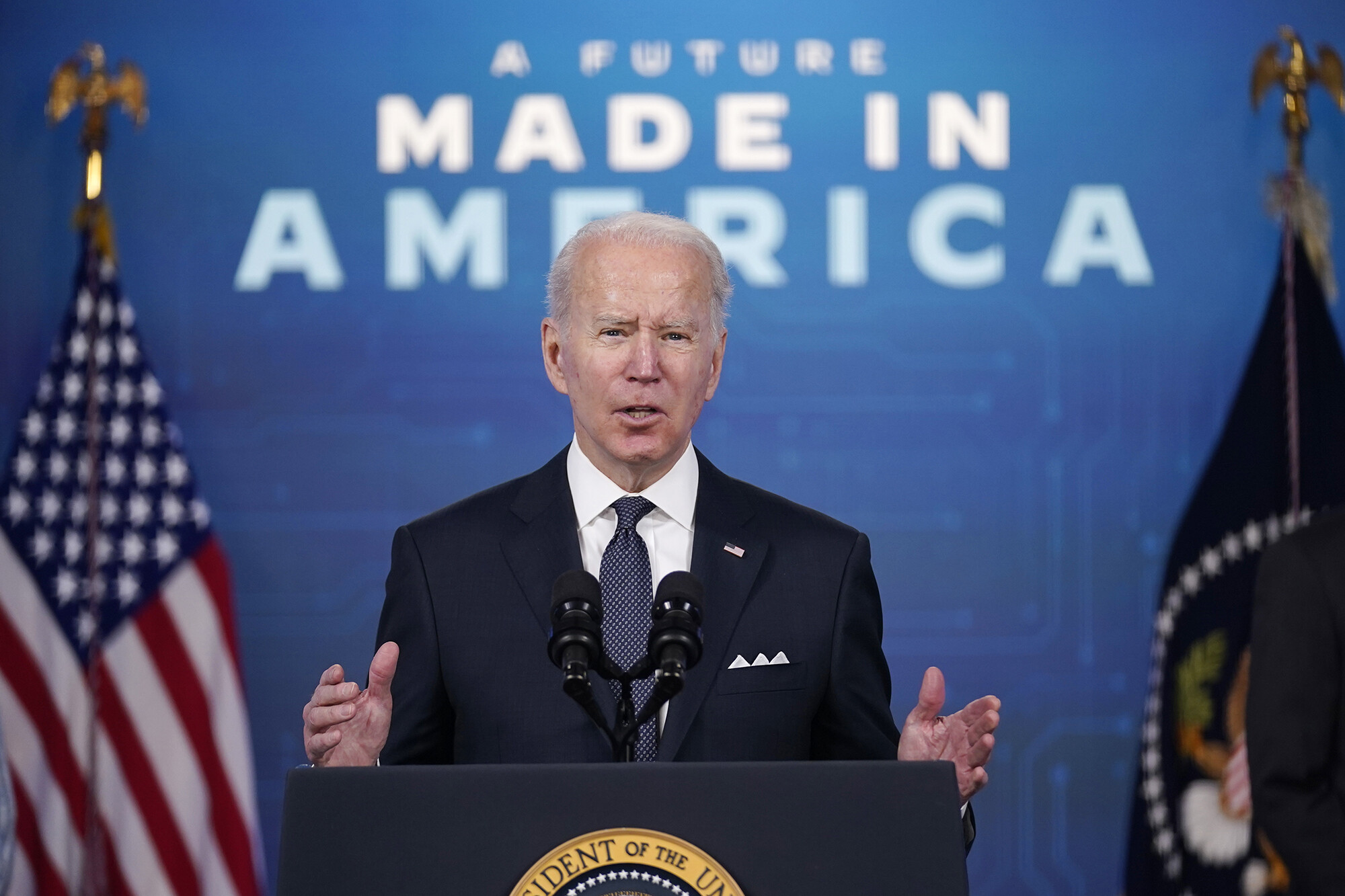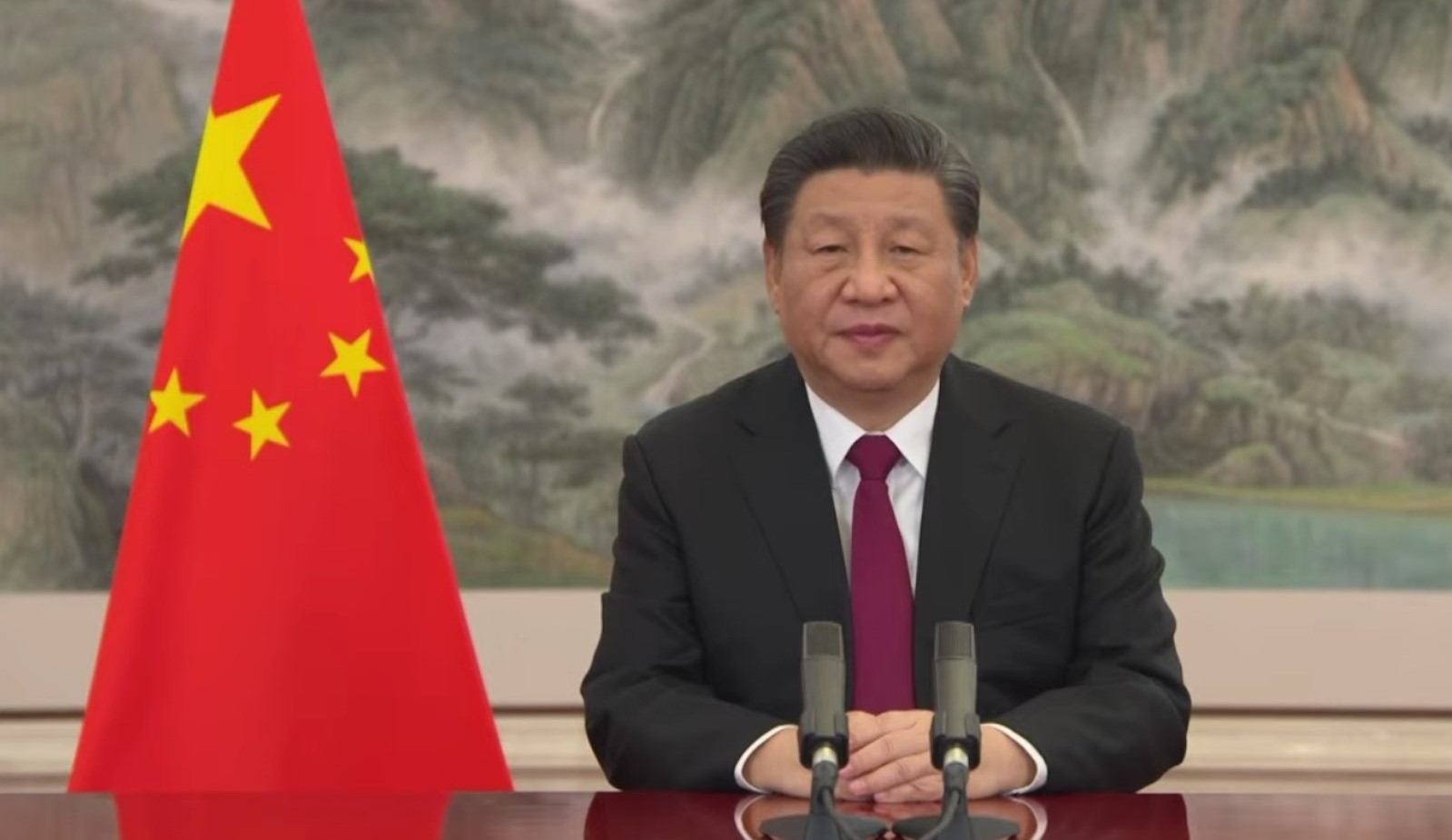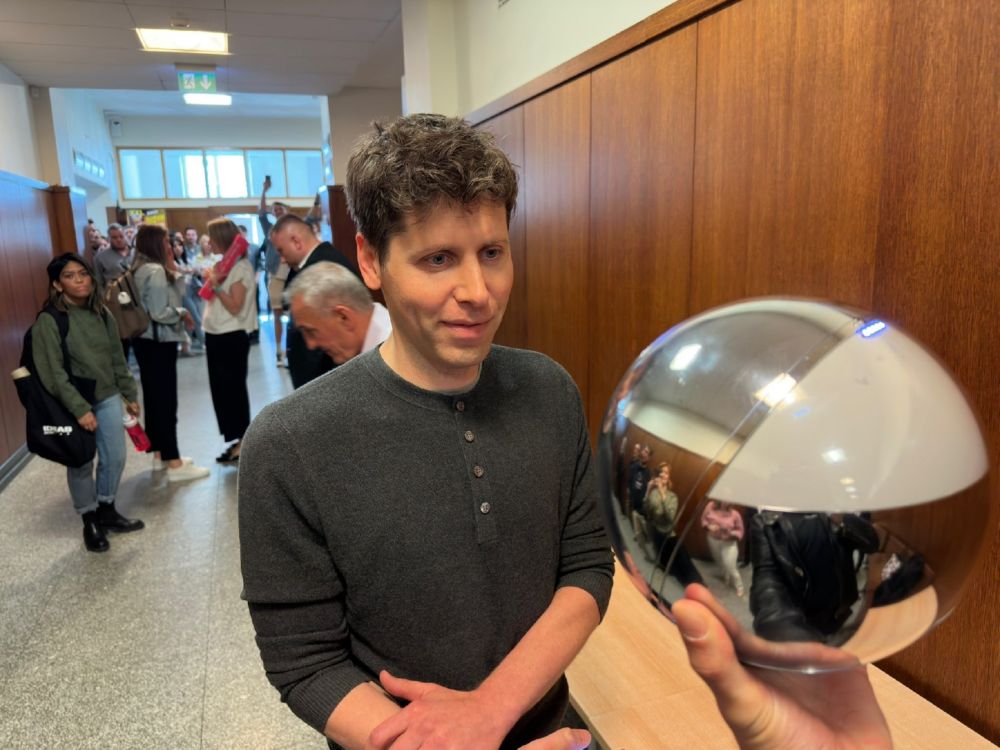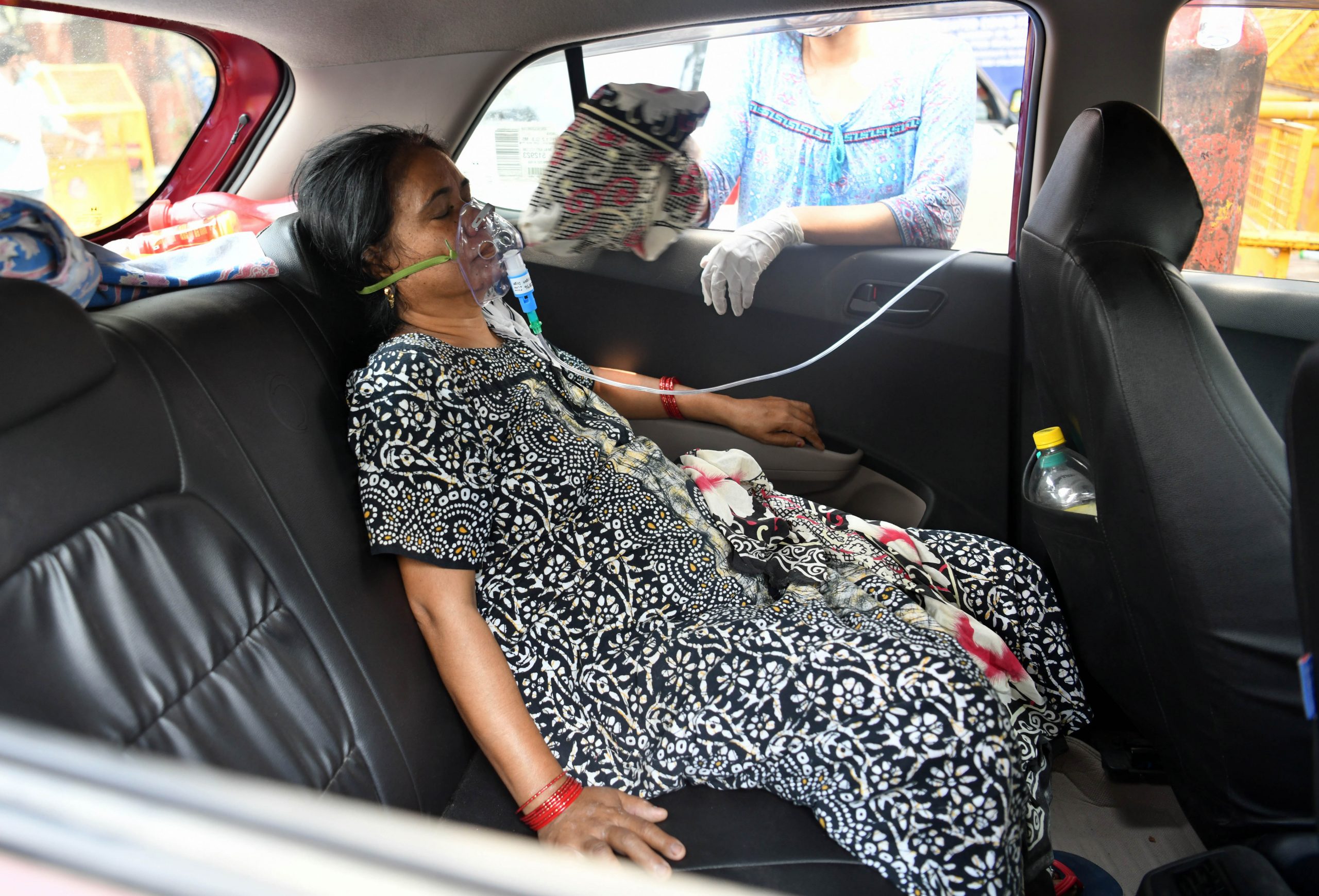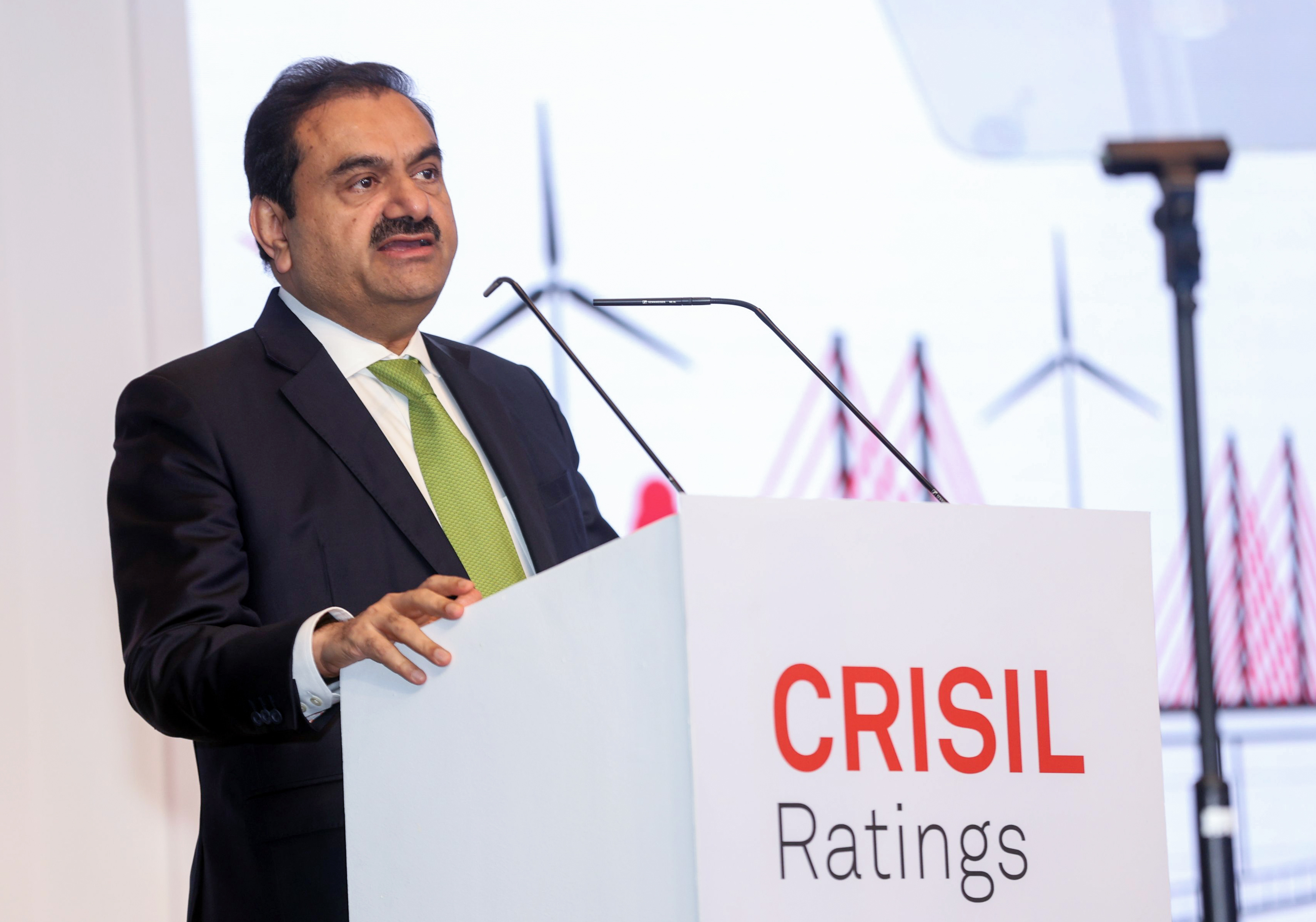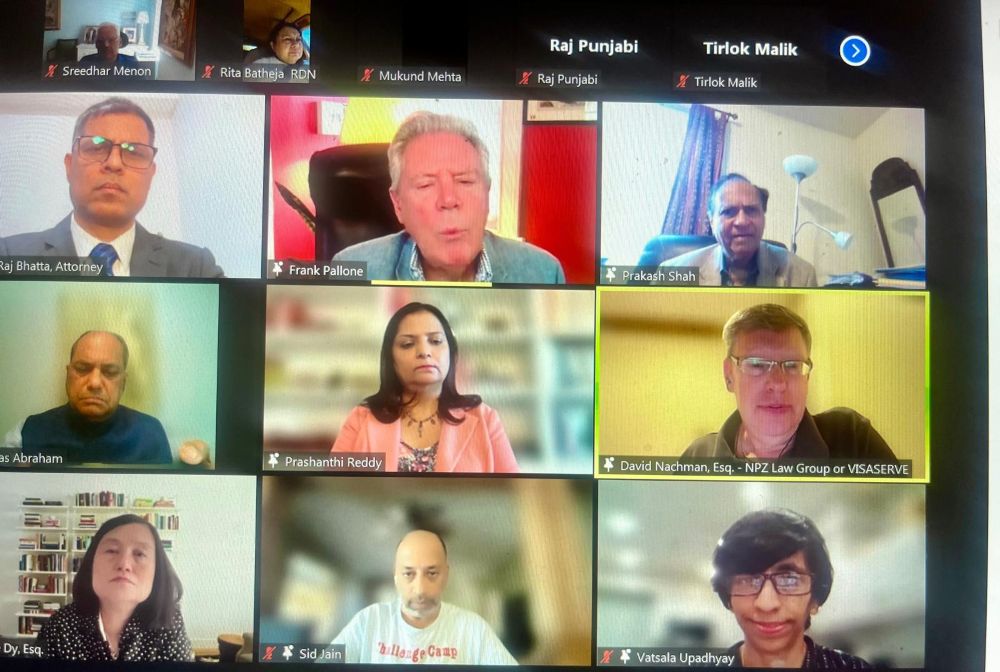The economies of the US and China are facing trouble. The global economy is shrinking too. Europe has war clouds over it. India is the only major economy with a positive story. Can India help the world as it struggles to repair the damage done by Covid-19?
Our Bureau
New Delhi/New York/Tokyo
In a worrying sign, the Indian equities markets benchmark Sensex closed 77 points down in a volatile session on Friday. The index slumped 884 points from the day’s high. Earlier, the Sensex opened in the positive at 57,795.11 points and climbed to a high of 58,084.33 points. The Sensex slipped to a low of 57,119.28 points in the intra-day.
Following global trends, the Indian stock market too has been fluctuating, often slipping into the negative zone. It is a sign that the global economy is facing a turbulence.
The global economy is in trouble.
Amid faltering growth in the world’s largest economies of the US and China due to the COVID-19 pandemic, the International Monetary Fund (IMF) has cut down the global economic growth forecast to 4.4 per cent. The IMF said this week that the fund expects global growth to slow down to 4.4 per cent this year from nearly 6 per cent in 2021.
The half a percentage point cut in the 2022 growth outlook — the IMF forecast in October the global output would expand by 4.9 per cent this year — is a result of dimmer economic prospects in the United States and China, the world’s largest economies,” in its latest edition of the World Economic Outlook. The cut is held back due to the spread of the omicron coronavirus variant, rising energy prices and persistent supply disruptions, signalling tough times ahead for households and policymakers.
“In the case of the United States, this reflects lower prospects of legislating the Build Back Better fiscal package, an earlier withdrawal of extraordinary monetary accommodation, and continued supply disruptions,” Gita Gopinath, first Deputy Managing director of the IMF, said in a blog.
“China’s downgrade reflects continued retrenchment of the real estate sector and a weaker-than-expected recovery in private consumption,” added Gopinath.
In another report, IMF said that the world economy will lose $12.5 trillion in output by 2024 due to the pandemic. The new waves of COVID-19 infections, persistent labour market challenges, supply-chain disruptions, and soaring inflation affect global economic recovery, the report said. In light of the report’s findings, UN Secretary-General Antonio Guterres said the global community needs to develop targeted, coordinated measures to close inequality gaps among nations.
Even as the US and China shows serious signs of slowing down and stagnating, India might be an oasis of hope in this gloomy scenario.
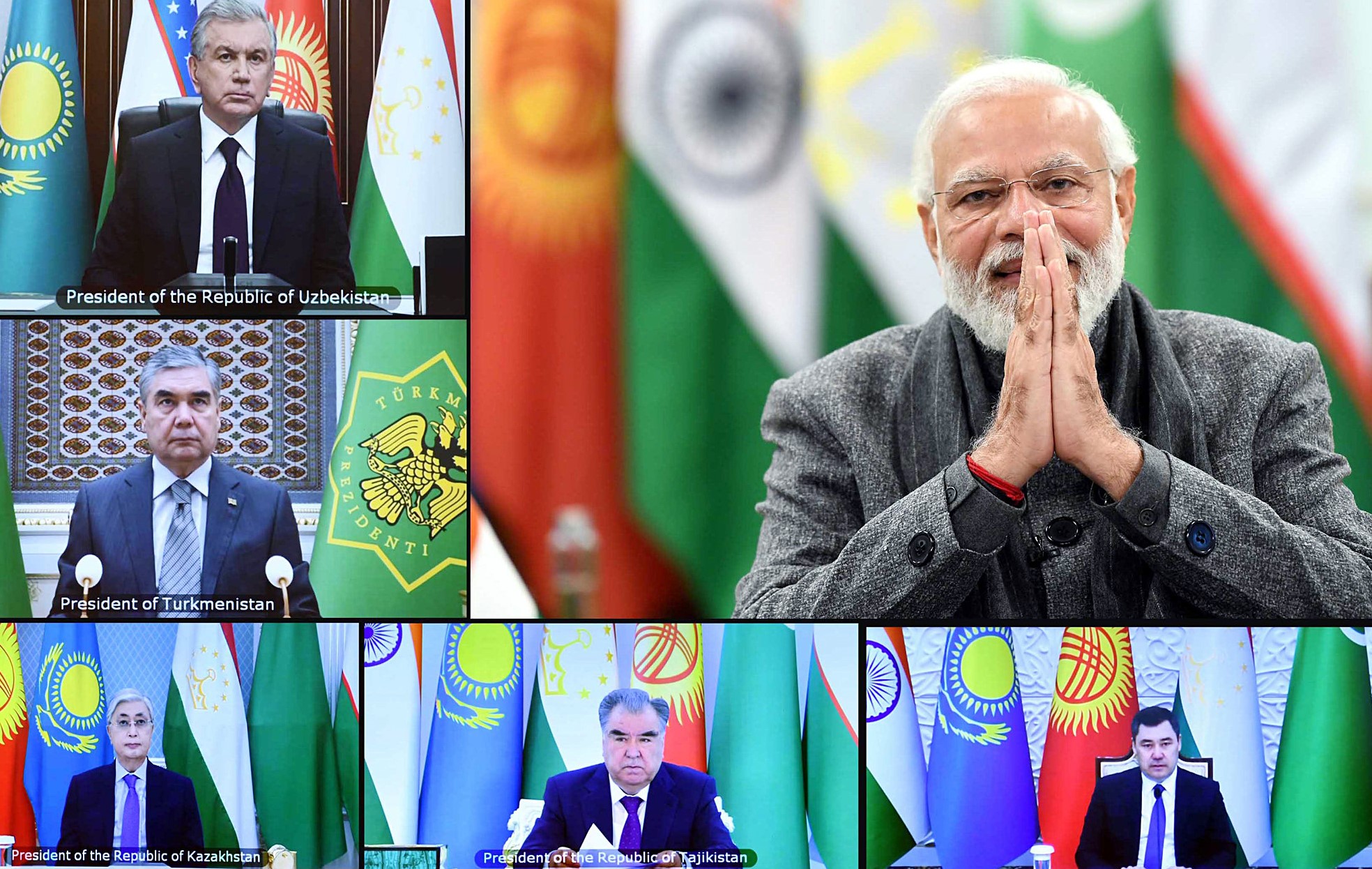
India’s economy is on the move again despite the challenges posed by COVID-19, President Ram Nath Kovind said on Tuesday and noted that the economy is projected to grow at an impressive rate in this fiscal after going through contraction last year.
In his address on the eve of 73rd Republic Day, the President said the government has shown relentless focus on reforming every economic sector and providing a helping hand wherever necessary. “It is a testimony to India’s spirit in the face of adversity that the economy is projected to grow at an impressive rate in this fiscal, after going through contraction last year. This shows the success of the Atmanirbhar Bharat Abhiyan launched in the previous year. The government has shown relentless focus on reforming every economic sector and providing a helping hand wherever necessary,” he said.
He said the “impressive economic performance” has been made possible due to improvement in the agriculture and manufacturing sectors. The President said that small and medium enterprises have played an important role in providing employment to people and imparting impetus to the economy.
“Our innovative young entrepreneurs have set new benchmarks of success by making effective use of the start-up eco-system. It is a testimony to the success of our country’s massive and robust digital payment platform that millions of digital transactions are being done every month,” he said.
It is not just the president of India who is upbeat about India’s economy. Addressing the first India-Central Asia Summit on Thursday, Kazakhstan President Kassym-Jomart Tokayev said on Saturday that India is the “embodiment of ancient and unique civilization that has achieved tremendous successes in economic development”. He said the Central Asian region is becoming a new global centre for attracting investment and capital.
He said it is quite symbolic that the summit is being held in the 30th anniversary year of the establishment of diplomatic relations between countries of Central Asia and India.
“All these years the countries have developed a constructive political dialogue and have continuously expanded multi-dimensional economic and humanitarian ties,” he said. Tokayev said that trade turnover of the central Asian countries and India in 2020 reached USD $3 billion and the share of Kazakhstan amounted to 81 per cent.
“Our vast Asian region possesses colossal resources and great intellectual capacity. The Central Asian region has the most important transport corridors and rapidly developing markets. It is becoming a new global centre for attracting investment and capital,” he said, lauding Prime Minister Narendra Modi’s efforts in organizing the summit.
Praise for India is coming from other quarters as well. “The world we are living in is very uncertain and the level of uncertainties is on a rise. India is like a rock in the ocean. India has been good news as it was the fastest-growing economy in the world last year and India may overtake other countries like Japan, US and finally China as it emerges as the new entrant to the global economic road,” said Dr. Frank-Jurgen Richter, Chairman, Horasis while addressing the members of Thought Leaders of India (TLOI) in an exclusive virtual engagement.
Focusing on digitization, deglobalization, and decoupling as the three growth drivers, he said, “The potential of India is higher than what we see right now”. Keeping the world’s economic, business, and political scene in perspective and recognizing the role of key global players in the world economy Thought Leaders of India, a business community of India’s corporate stalwarts, believes India can play a major role by championing shared values and open societies. Hence, it invited Dr. Richter, one of the world’s respected voices on corporate globalization and Asian business, who has influenced major business and governmental decisions with his public comments individually and through Horasis, a Global Visions Community. Dr. Richter threw light on India as a player in the world economy while speaking on the topic, “Unlocking India’s business potential on the world map”.
While sharing his views on India’s potential he said, “Indian companies should invest more overseas and build a global presence. India so far has been mostly successful domestically – with a lot of domestic demand and maybe that was why India never looked overseas. I would encourage Indian companies to take the risk and invest overseas to build global brands in MNCs like Apple and Microsoft.”
Responding to a question of Avinder Singh, MD & CEO, Osram Lighting who wanted to understand how the world looks at our ‘make in India’ and ‘indigenization’ programs. Dr. Richter said that India is on the right track with all the programs started by the government as “they make a lot of sense”.
He said, “But from the perception of a foreign investor, we are optimistic as the investment into India is much less bureaucratic than before, yet it still has hurdles. With extensive paperwork, local government involvement investments do take a long time. Moreover, the strength of India lies in its states which have so much creativity but for the investors, it gets difficult as they do not know where to start and with whom to compare”.
While India may be offering hope to the world, the Chinese government is only giving bad news to the world and its economy. Underlining the side effects of Chinese President Xi Jinping’s “abrupt and extreme” policies, a report published in a Japanese daily said Xi himself is a risk to the Chinese economy.
This comes as experts say that weakening growth in the closing months of 2021 could cause trouble as China faces a worsening real estate crisis, the latest Covid outbreaks and the country’s strict no-tolerance approach to controlling the virus. Although last year’s growth figure is somewhat in line with the expectations. But experts point out how China’s GDP expanded just 4 per cent in the last quarter of the year compared to a year prior, the slowest pace in a year and a half.
“If Xi fails to improve the economic situation by the Communist Party’s national congress in autumn, it could affect his power,” Japanese financial newspaper Nikkei Asia quoted a Chinese political source as saying.
“Overconfidence is bad for China’s development,” said a Chinese economist after the latest gross domestic product figures were announced on Monday. “Given the serious economic slowdown we are currently facing,” the economist said, “the day China surpasses the US is moving away, not coming closer.”
In such a scenario, India has the potential to drive the global economy in a positive direction. At least, the world is looking at India with great expectations.

















